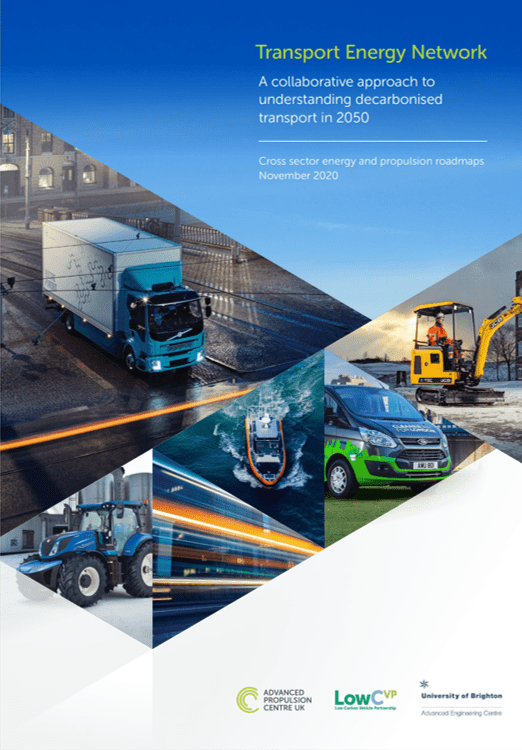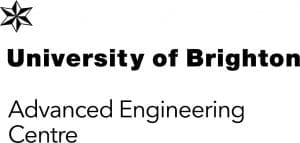Understanding Decarbonised Transport in 2050  was co-authored by the AEC’s Dr Penny Atkins, as first of a series of studies by the Transport Energy Network in collaboration with the University of Brighton, the Advanced Propulsion Centre and the Low Carbon Vehicle Partnership.
was co-authored by the AEC’s Dr Penny Atkins, as first of a series of studies by the Transport Energy Network in collaboration with the University of Brighton, the Advanced Propulsion Centre and the Low Carbon Vehicle Partnership.
The report urges greater collaboration across industry sectors and further government action to help sectors such as shipping and heavy duty freight, on new propulsion and low carbon energy technologies, in order to help them in the challenge to decarbonise and reduce carbon footprint.
The report makes 10 recommendations, including action to ramp up the production of greener fuels, such as sustainable diesel, biomethane and hydrogen fuels, the importance of a lifecycle approach to assessing greenhouse gas emissions, and encouragement for the government to be technologically “agnostic” when it comes to supporting the different solutions to achieve net zero. In fact, Dr. Atkins has warned against the “over-reliance” of any one technology and has urged the government to develop a portfolio of propulsion options to meet 2050 targets. “The report” she added “demonstrates the importance of academia, industry and government working together to developing zero carbon technologies.”
The report was officially launched at the Low Carbon Vehicle Event in November and is supported by a series of ‘roadmaps’ which project how different propulsion technologies and energy vectors are expected to develop in the transition to net zero in 2050.
Philippa Oldham, Stakeholder Engagement Director at the Advanced Propulsion Centre, said: “This report shows the power of thinking holistically about green transport and makes a powerful case for why we must not put all our eggs in one basket when supporting decarbonisation technologies.”
Read the Transport Energy Network report.






Leave a Reply